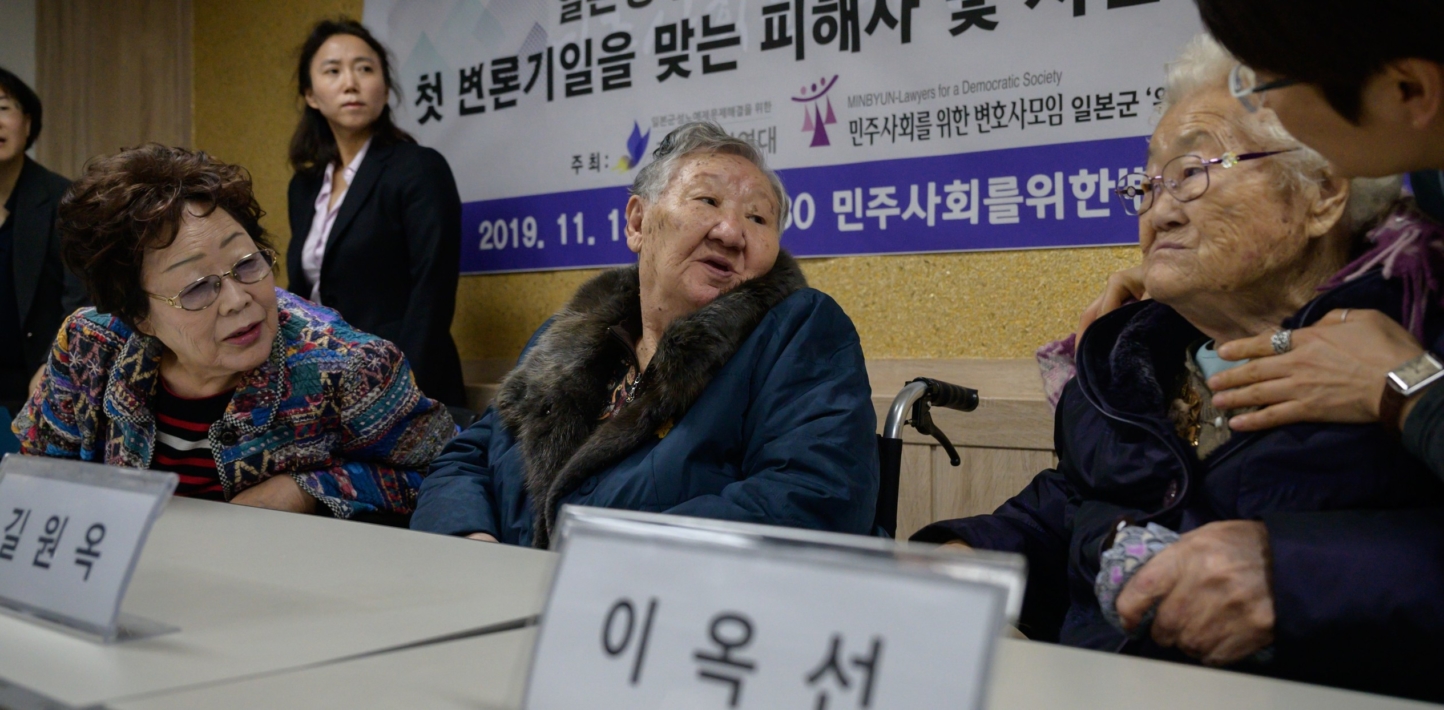Ahead of South Korea’s memorial day on 14 August for “comfort women”, a euphemistic term for women and girls who were forced into sexual slavery by the Japanese military before and during World War II, Amnesty International’s East Asia Researcher Arnold Fang said:
“The atrocious crimes committed by the Japanese military against ‘comfort women’ may have taken place more than 70 years ago, but the fight for justice, truth and reparation for the remaining survivors is just as relevant as ever.
“The ongoing lawsuits against the Japanese government in Seoul are the last means of bringing justice for the survivors of this system of military sexual slavery, but it is very likely that it will never be delivered, unless Japan’s claim of state immunity is overcome.
“The Japanese government must not deprive these victims of the right to full reparation and an effective remedy, and should refrain from using procedural hurdles such as state immunity, when crimes against humanity and war crimes were committed.
“The outcome of these lawsuits can have an impact on survivors of crimes under international law all around the world. It is imperative that legal responsibility over the ‘comfort women’ atrocity is established and that justice is restored.”
Background
“Comfort women” is a euphemism for up to 200,000 of girls and women –a significant proportion of them Korean – who were forced to work in brothels run by the Japanese military before and during World War II.
During their systematic sexual enslavement, the girls and young women were raped, beaten, tortured and killed, while many took their own lives. If they survived, they still suffered from physical and mental ill-health, isolation, humiliation, shame, stigmatization and often extreme poverty for decades.
Twenty people, including survivors of this system of sexual slavery still alive, filed a lawsuit at the Seoul Central District Court in 2016 demanding compensation from the Japanese government. The first hearing took place in November 2019. Amnesty International made a submission to the judges in that case. A separate ongoing lawsuit was filed by 12 other survivors, also in 2016.
The Japanese government maintains that the issue was settled by a bilateral agreement with the then government in South Korea in 2015.
The victims bringing these new cases say the 2015 bilateral agreement to “resolve” the issue “finally and irreversibly” was not adequate, as it did not acknowledge violations of human rights law committed by Japan, nor accept legal responsibility. They also say it lacked a genuine apology and was negotiated without full participation of the victims.
Over the last 30 years, survivors from Korea, Taiwan, the Philippines, China and the Netherlands have filed a total of 10 lawsuits against the Japanese government in Japanese courts. However, the survivors eventually lost in all of these cases.
In its 2005 report, ‘Still Waiting After 60 Years’, Amnesty International recommended that “affected states should ensure that survivors are able to bring claims directly against the government of Japan in their national courts by enacting national legislation”.
It called on states to “ensure that such laws prohibit any state immunity for violations of international human rights law and international humanitarian law”.


